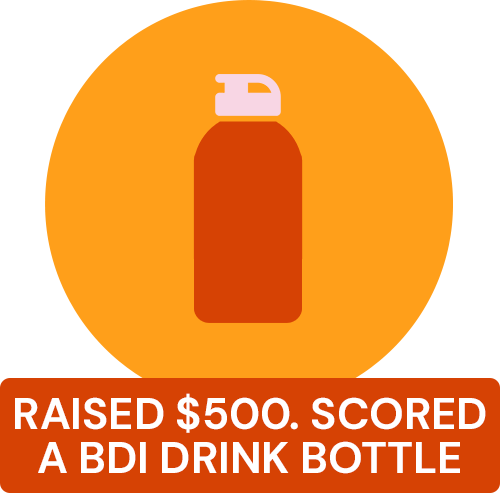The Black Dog institute are performing research into exactly what happens in the brain to cause depression.
It’s likely that with most instances of clinical depression, neurotransmitter function is disrupted.
What are neurotransmitters?
Neurotransmitters are chemicals that carry signals from one part of the brain to the next. There are many neurotransmitters, serving different purposes. Three important ones that affect a person’s mood are serotonin, noradrenaline and dopamine.
In normal brain function, neurotransmitters jump from one nerve cell to the next with the signal being as strong in the second and subsequent cells as it was in the first.
In people who are depressed, the mood regulating neurotransmitters don’t function normally. The signal is either depleted or disrupted before passing to the next nerve cell.
In all types of depression, it is likely that the transmission of serotonin is reduced or disrupted.
In people with more severe depression, other neurotransmitter pathways such as those for noradrenaline and dopamine are also likely to be functioning abnormally.
Research has also shown that cells in some parts of the brain can shrink when people are depressed.


















